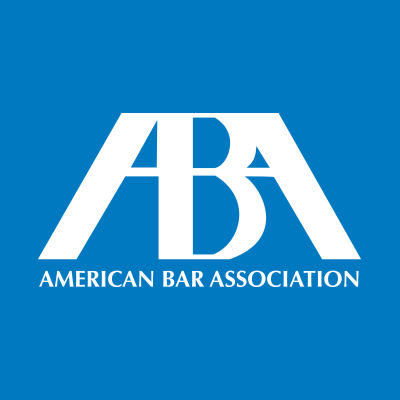North Carolina Central, Arizona Summit found out of compliance with ABA accreditation standards

The ABA’s Section of Legal Education and Admissions to the Bar recently notified two law schools—North Carolina Central University School of Law and Arizona Summit Law School—that they were not in compliance with specific accreditation standards. Additionally, the section released a December 2017 accreditation committee decision that the Appalachian School of Law remains noncompliant with Standards 501(a) and 501(b), which deal with law school admissions.
Regarding North Carolina Central, the Jan. 4 letter (PDF) states that the accreditation committee found that the historically black university’s law school is not in compliance with Standard 501(b) and Interpretation 501-1, which states that factors to consider in determining compliance include academic and admission test credentials, the school’s academic attrition and recent graduates’ bar passage rates.
Out of 104 North Carolina Central law school graduates who took the North Carolina state bar for the first time in July 2017, there was a 56.73 percent pass rate, according to information (PDF) released by the state’s board of bar examiners. The overall pass rate for North Carolina first-time test takers in July 2017 was 72.2 percent.
The North Carolina’s median LSAT score is 145, according to its Standard 509 Information Report (PDF) for 2017, and its median undergraduate GPA is 3.22. Seventy-five people, 59 of whom were people of color, left the law school through nontransfer attrition, the report states.
The law school has been asked to submit a report to the ABA Section of Legal Education by Feb. 1 and appear before the accreditation committee in June. NCCU will continue to develop and implement strategies regarding concerns noted in the ABA letter, according to a statement sent to the ABA Journal on Tuesday.
“NCCU remains dedicated to the School of Law and its mission of providing a high-quality legal education while preparing citizens of North Carolina and beyond for service and leadership in the legal profession. We will continue our commitment of critical resources, including human capital and financial support, to ensure the school of law remains in compliance with the American Bar Association standards,” Dr. Johnson O. Akinleye, the university’s chancellor, said in the statement.
The Jan. 4 noncompliance letter (PDF) regarding Arizona Summit, a for-profit school that’s part of the InfiLaw System and was placed on probation by the ABA in March, states that the school is out of compliance with Standard 202(a). The standard mandates that an accredited law school’s current and anticipated financial resources must be sufficient for the school to “operate in compliance with the standards,” and carry out its legal education program.
The letter directs Arizona Summit to submit a report by Feb. 1 and appear before the accreditation committee at its March meeting.
“Last week, we completed a second multimillion dollar capital raise to solidify the school’s financial position. We also have reduced cost structure commensurate with plans to maintain a substantially downsized school. Shortly, we will be notifying the ABA of these developments with an updated report,” Donald Lively, president of Arizona Summit, told the ABA Journal.
In May 2017, the accreditation committee found that Appalachian was not in compliance with Standards 501(a) and (b), as well as Standard 301(a), which deals with legal education programs, and 502(d), which directs that law schools should have students official transcripts on file, and verified. Those findings were disclosed in a letter (PDF) signed by Barry Currier, the ABA’s managing director of accreditation and legal education.
The December 2017 accreditation committee decision (PDF) , which is subject to appeal, states that Appalachian must submit a reliable plan to the Legal Education Section’s managing director, and submit admissions data and policy for the fall 2018 entering class by Jan.19. Sandra Keen McGlothlin, interim dean of Appalachian, did not respond to an ABA Journal request for comment.
Updated Jan 9 at 1:41 pm to add statement from North Carolina Central University.



